Silencer Saturday #387: The Big Beautiful Bill Passed, So Now What?

Good afternoon, everyone, and welcome back to TFB’s Silencer Saturday, brought to you by Yankee Hill Machine, manufacturers of the YHM R45 Multi-Host Suppressor. As you've almost certainly heard by now, the Big Beautiful Bill recently passed Congress. It contains the most substantial changes to the National Firearms Act since it was passed in 1934. We're going to examine the final language and do a little prognosticating about what it means for silencers and NFA firearms more generally.
Silencer Saturday @ TFB:
- Silencer Saturday #385: The Big Beautiful Bill & The NFA
- Silencer Saturday #384: The “DIY-DF” 10/22 Clone
- Silencer Saturday #383: The Welrod's Return?
- Silencer Saturday #382: Noveske's New Amigo
- Silencer Saturday #381: Engaged Industries Operator 5.56 Suppressor
Disclaimer: I am an attorney, but I am not your attorney. Do not rely on this article to make any decisions. This is generalized information on a matter of interest, not legal advice. Seek your own competent legal counsel if you need to make any decisions based on these changes in the law.
Recap
The last time we discussed this piece of legislation, the bill was in the Senate. At that time the text would have fully removed silencers, SBRs, SBSs, and AOWs from the NFA by changing the definition of “firearm” in the NFA. But that approach ran into trouble with the Senate Parliamentarian. She decided that such a change to the definitions in the NFA was primarily a policy change rather than a taxation change. Because this bill was going through the “budget reconciliation” process rather than traditional methods, only tax and revenue changes can be included.
While I do not think the Parliamentarian was correct, that decision stood. The Senate then scrambled to come up with an alternative that she would approve, landing back on the original language used in the House bill. After a lengthy “vote-a-rama” the Senate passed the bill out with the NFA provisions essentially the same as the House version.
Any time there are changes to a bill in one chamber the other chamber must vote again to see if those changes are incorporated or not. After some delay, thanks to a speech that was not a filibuster because it was in the House rather than the Senate, but that ran the clock to block the bill exactly as a filibuster would, the Senate changes were adopted by the House by a narrow margin. It was then signed into law by the President on the 4th of July, 2025. You can read the full text here.
How Does The NFA Change?
Here is the actual bill language:
“(a) Transfer Tax.--Section 5811(a) is amended to read as follows:
``(a) Rate.--There shall be levied, collected, and paid on firearms
transferred a tax at the rate of--
``(1) $200 for each firearm transferred in the case of a
machinegun or a destructive device, and
``(2) $0 for any firearm transferred which is not described
in paragraph (1).''.
(b) Making Tax.--Section 5821(a) is amended to read as follows:
``(a) Rate.--There shall be levied, collected, and paid upon the
making of a firearm a tax at the rate of--
``(1) $200 for each firearm made in the case of a
machinegun or a destructive device, and
``(2) $0 for any firearm made which is not described in
paragraph (1).''.”
Things remain unchanged for destructive devices and machine guns. But the other items that are “firearms not described in paragraph (1)” are silencers, SBRs, SBSs, and AOWs. Both the tax to transfer an item and the tax to register a newly-manufactured item are going to $0. The other restrictions on NFA items remain in place; it will still be a felony to possess any of those items without a tax stamp.
But when does this change take effect? In short, January 1, 2026. No, not right now. Please stop calling your local gun store. The bill becomes effective “in calendar quarters beginning more than 90 days after the date of the enactment of this Act.” Because it passed in early July, adding 90 days would be early October. And since that is into the fourth quarter of the year, the next calendar quarter “beginning” after that is January 1, 2026.
What Happens From Here?
Several gun rights groups have signaled that they intend to file a lawsuit to push NFA deregulation further. While that lawsuit has not been filed yet, it will include a challenge to including the now-taxless categories of firearms in the NFA. The NFA has previously been upheld in the courts at least in part because it was considered a revenue and taxation law, not a gun law. Now that the tax is $0, that justification seems unlikely to hold up. How that fight will fare in the courts remains to be seen, but this is not the end of the story for this issue.
Another big change will be the availability of the soon-to-be-taxless NFA items. Dropping the $200 tax stamp from each silencer will surely boost sales for first-time purchasers and suppressor collectors alike. Tax stamps have been a major expense in my shooting pursuits, and I will not miss paying for them. This will free up some ammo money for this series!
One more thing to be aware of is the rush to submit forms come the first of the year. Though the eForms system is working pretty well these days, it probably will not be able to handle the January 1 influx of submissions. Expect delays! Manufacturers and dealers will probably have sales incentives to keep inventory moving during the next six months before things really kick off, so keep your eyes peeled for that.
Thanks for joining us again here this week. We will continue to keep a very close eye on these developments.
SILENCER SHOP – HANSOHN BROTHERS – DEADEYE GUNS
MAC TACTICAL
ALL YHM PRODUCTS AT BROWNELLS
DEALERS: If you want your link to buy YHM suppressors included in future Silencer Saturday posts, email: silencers@thefirearmblog.com

AKA @fromtheguncounter on Instagram. Gun nerd, reloader, attorney, and mediocre hunter.
More by Daniel Y
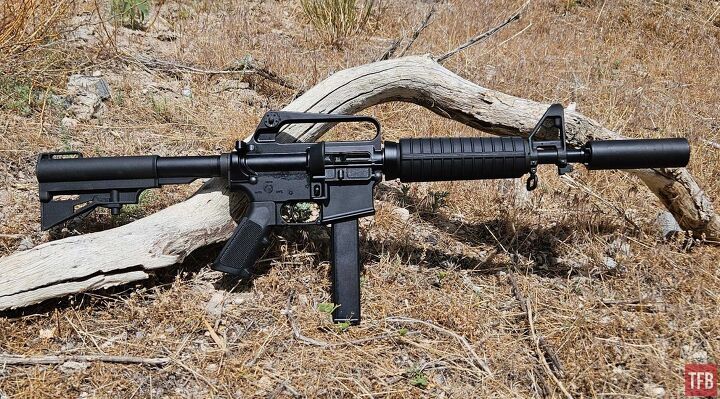




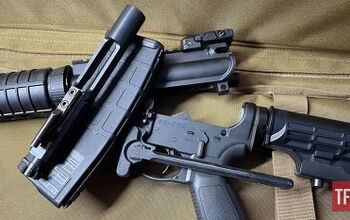

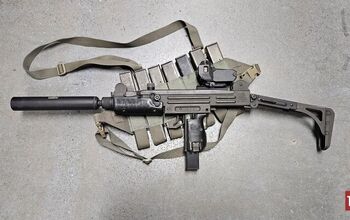


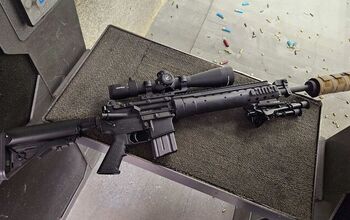
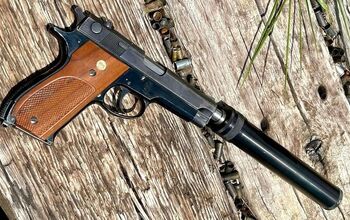
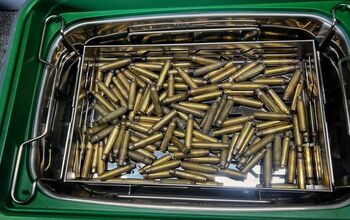
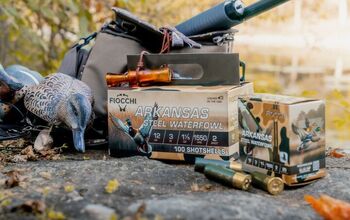
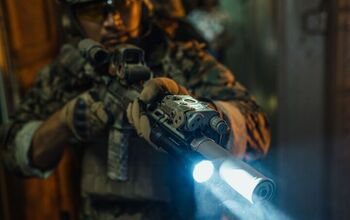

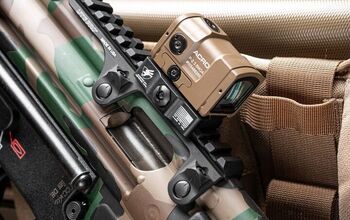




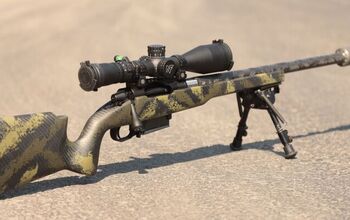
Comments
Join the conversation
Will this be available in all states?
What now? Nothing. We had a once in a multiple lifetimes opportunity to remove the yoke of infringement and Republicans said we care about everything else more than upholding your constitutional rights. Granted they were under a huge amount of pressure from President Trump to get his part of the bill passed but all it would have taken was all of our elected Republican members to come together and say "Mister president, we want very much to pass your bill full of the things you wanted but all of our constituents want their constitutionally protected rights returned after decades of unconstitutional infringements have shackled them and the HPA and SHORT act are the only realistic way that will happen. We can pass this bill with everything in it if you champion it and help push an override of the Democrat parliamentarians stripping of them.". Did that happen? Nope. The Republicans said "yeah, sorry about that but we have more important things to get passed and don't have time to go overriding parliamentarians. Trump demanded the GOP senators override the parliamentarian when it came to things he put in the bill and IIRC they chose not to do it then either. As I understand it, they had the necessary votes if but just barely and I guess didn't want to try.